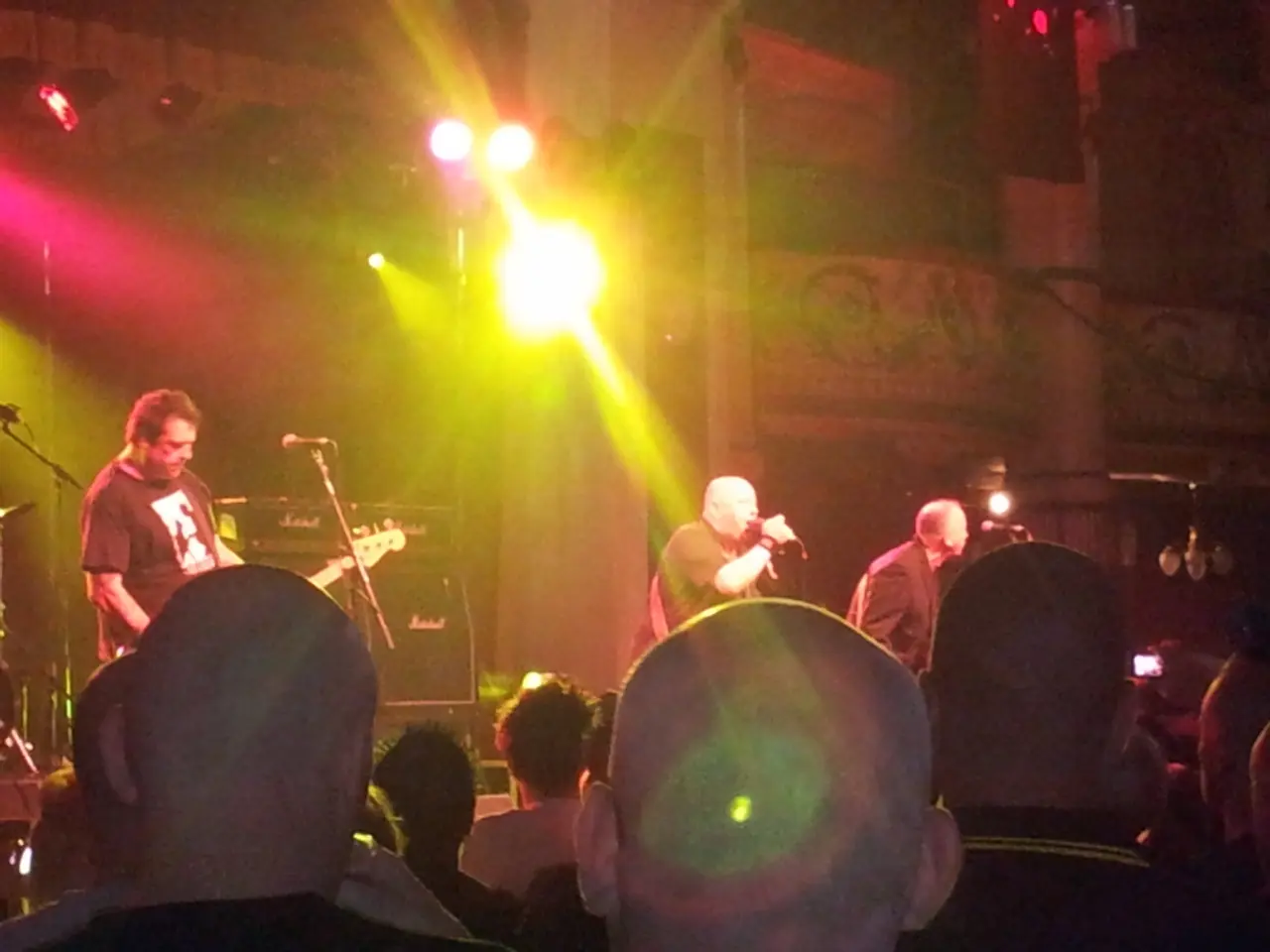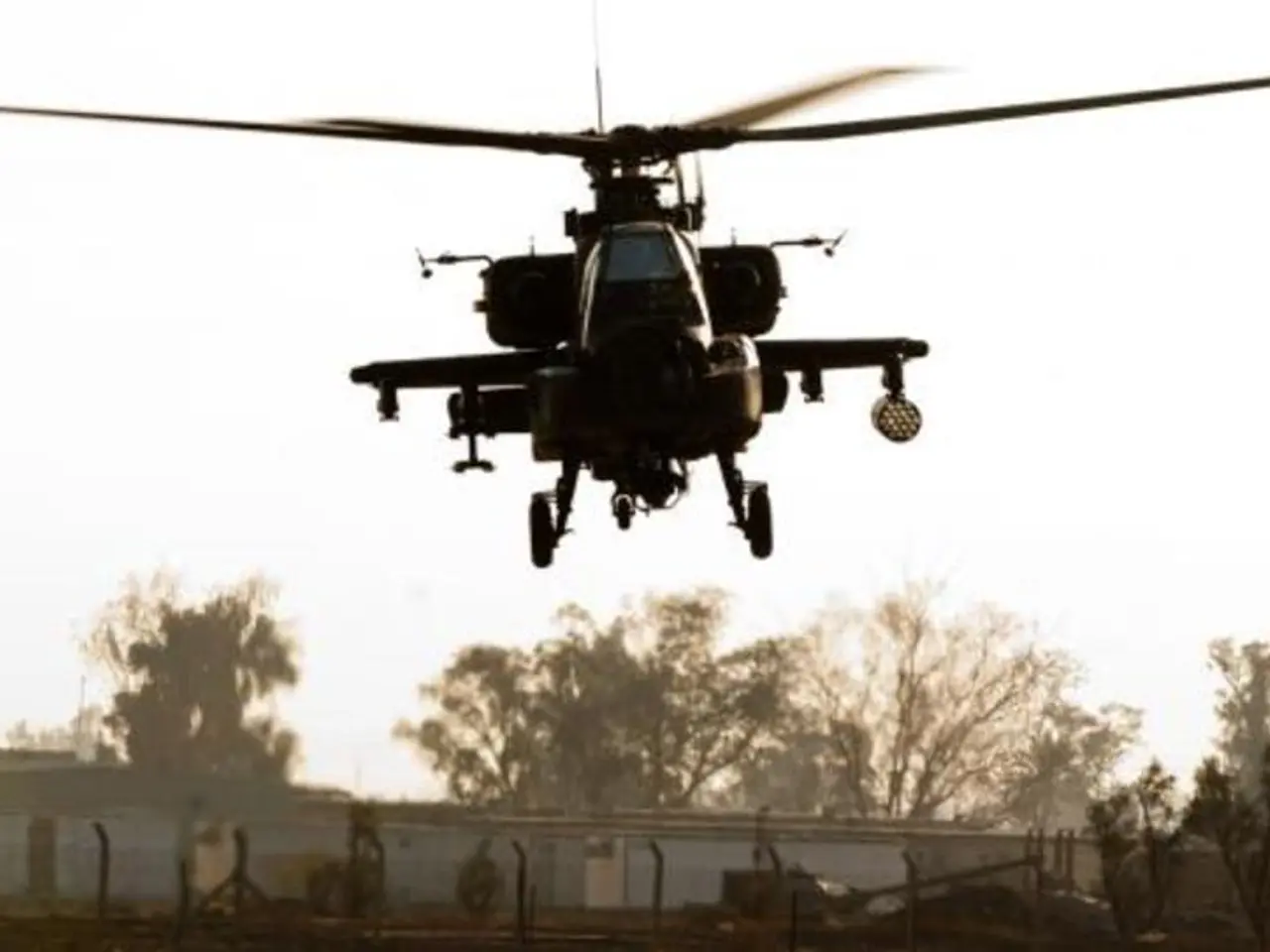Western Sanctions on Russia: A Question of Effectiveness
Russia Faces EU Sanctions: The Nation Adjusts to Altered Circumstances
In the ongoing standoff between the West and Russia, sanctions have emerged as a crucial weapon. With Russia's incursions in Ukraine, Western countries and Ukraine's allies view sanctions as a necessity for exerting pressure on the Kremlin. Yet, Russian President Vladimir Putin dismisses these measures as ineffective, even while demanding their removal. The question remains: do sanctions actually serve their purpose, and what toll do they exact on the Russian economy?
Sanctions come in various forms, ranging from trade restrictions to financial measures, such as exclusion from the SWIFT system, technological, and individual sanctions. A casual stroll through Moscow reveals sanctions' seemingly limited impact on daily life. The Moskovsky shopping center in the city center exhibits a surprising contrast, with Western brands' presence being somewhat unexpected given the official boycott of such products.
The shelves are generously stocked, offering an array of goods once thought unavailable in Russia. Chocolate bars like Snickers, Twix, and even Toffifee, a popular German sweet, adorn the supermarket's shelves. This is made possible through a law passed in 2022, allowing the legal import of Western products without the brand owners' consent in third countries, like Turkey, China, and the United Arab Emirates, and their resale in Russia.
However, not all products enter Russia through such detours. Some Western companies continue to produce goods domestically despite initial withdrawal announcements, like Oreo cookies. Regardless, many Muscovites and St. Petersburgers feel the economic consequences of sanctions, particularly at the checkout. Food prices have skyrocketed, with potatoes experiencing a near tripling in cost due to poor harvests. Basic foodstuffs like butter, sugar, and eggs have also become significantly more expensive. Inflation rates are soaring, with April's official food inflation rate topping 20 percent, contributing to overall inflation that's nearing the 10 percent mark once again.
Economically, the Russian landscape is evolving, with the economy gradually cooling in 2025. Growth has slowed to around 1.5 percent, a stark contrast from the robust 4.3 percent seen the previous year. To combat this trend, the central bank has dropped its key interest rate from 21 to 20 percent for the first time since 2022, with projected growth of 1-2 percent for the current year. Inflation is expected to remain around 7-8 percent according to official forecasts.
Compared to its state following the collapse of the Soviet Union over 34 years ago, Russia's economy has undergone a dramatic transformation. Initially, the country suffered from a severe economic crisis in the 1990s, with GDP plunging between 1991 and 1998. Only consistent growth beginning in 2000, under the leadership of Vladimir Putin, helped Russia recover. However, sanctions following the annexation of Crimea in 2014, the collapse in oil prices, and the COVID-19 pandemic have halted this growth. Today, Russia's economic development relies heavily on state control, export markets in the East, and geopolitical conditions.
In response to these economic pressures, Russia has developed cunning counter-strategies. For instance, tourism now requires visitors to bring cash, as Visa and Mastercard have withdrawn from the Russian market. To secure alternatives, the central bank developed MIR, a national replacement for Visa and Mastercard, and SPFS for interbank payments within Russia and with selected partners, saving Russia millions in fees previously paid to US payment service providers.
Russian geopolitical analyst Artjom Sokolov comments on these interactions, stating, "I think sanctions are less of a point and more of a process." He further emphasizes Russia's ability to find new partners and forge new business paths, making isolation partially ineffective. Sanctions create an invisible barrier between the two universes, each growing increasingly disconnected. However, Russian companies, such as those producing Western brands like Oreo, still thrive, offering insight into Russia's resilience in the face of adversity.
- The Moskovsky shopping center's display of Western brands like Snickers, Twix, and Toffifee, despite the official boycott and trade restrictions, suggests that the impact of sanctions on day-to-day life in Russia may be minimal in terms of 'war-and-conflicts' policy and legislation.
- Russian companies' continued production of Western goods, despite economic pressures from sanctions, such as Oreo cookies, demonstrates the adaptability of the Russian economy in the face of 'politics' and 'general-news' events, employing strategies like legal imports from third countries or domestic production.








